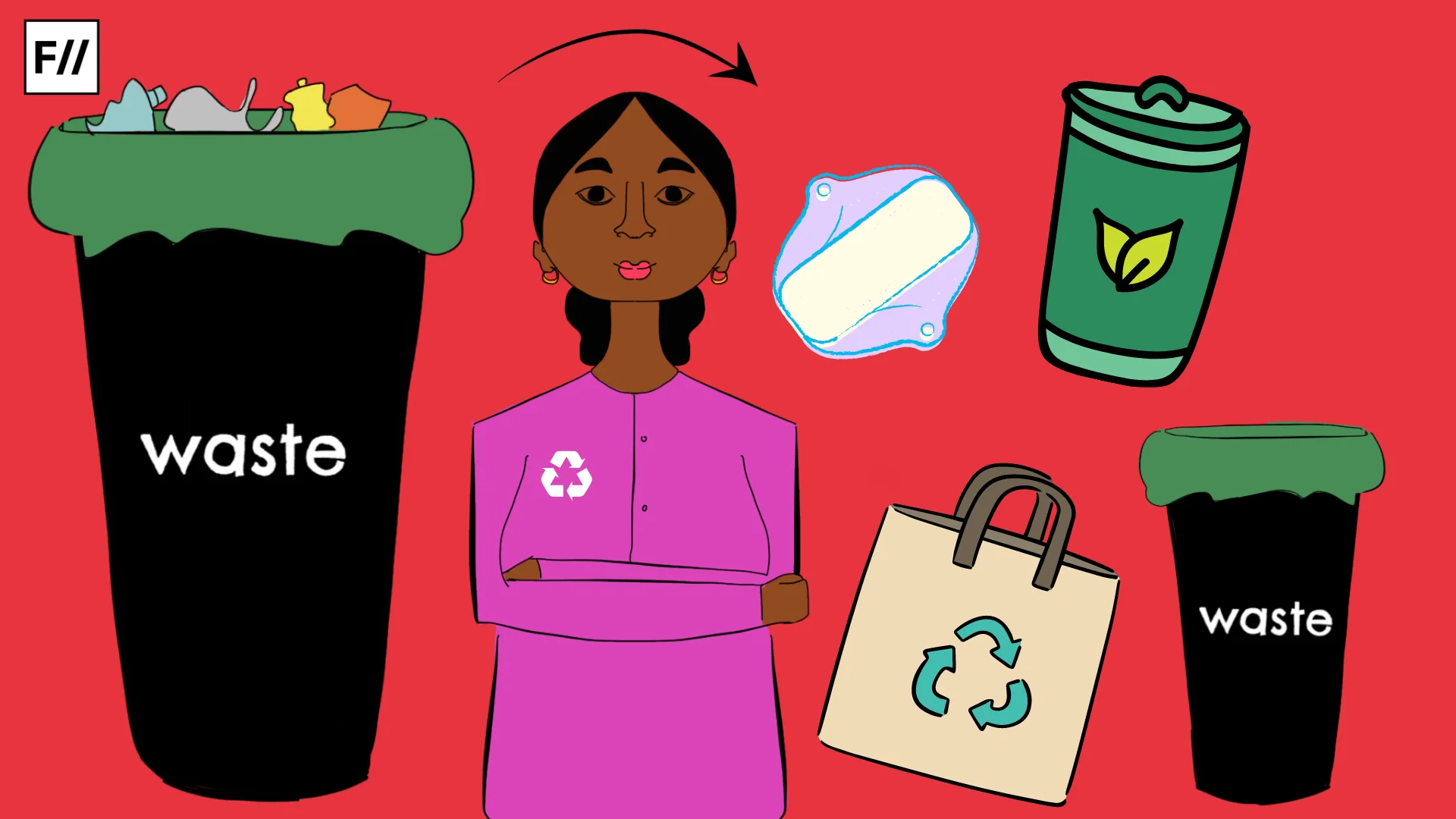From the kitchen, dining room, and boardroom, women have come a long way in bridging the gender gap and coping with the harsh demands and expectations of the household and society. However, regarding financial planning, investments, and money-related circumstances, women are often absent from the center stage.
Does this mean men are more financially literate? A survey assessing the level of financial literacy was conducted in the year 2019 by the Reserve Bank of India. According to the study [National Strategy for Financial Education: 2020-2025], around 29 percent of the male and 21 percent of the female populations scored above the minimum threshold score. Therefore, it is quite evident that men aren’t much ahead of women regarding financial literacy.
Gender differences exist even in finance, where women are at a further disadvantage. They are paid less than men and lack the information to improve their financial skills and confidence. Making and managing money while running the household and caring for all the members is no easy task. Women of all backgrounds and ages struggle with gender stereotypes and the pressure to feel included in making financial decisions.

Workplace stereotypes, gender roles, and financial decisions
The types of jobs available for women are limited compared to men. Moreover, women continue to experience high levels of prejudice when working in leadership positions in male-dominated industries. Gender bias leaves them demoted to work in companies and damages their future career aspirations.
A “male” job is more credible than a “woman’s” job, as found in the study published in the American Sociological Review. To reach this conclusion, the authors analysed a fairly gender-neutral profession, business loan managers, for an American central bank.
Financial exclusion affects women’s quality of life and puts them at risk of financial fragility, poverty, lack of support, and autonomy, especially in difficult times. The COVID-19 pandemic negatively impacted employment rates and economic progress, but women were affected more severely than men
Women in higher posts or leadership positions constantly encounter judgments from male employees. They are labeled as “bossy” and “rude” when they set workplace boundaries. Yet, if they maintain an indirect approach, they are instead called “soft,” “innocent,” and “ignorant.”
A campaign, #banbossy, initiated by Beyonce, shows how little boys are praised for being “leaders” when they take charge, but little girls are rebuked for being “bossy” when they do the same thing.
Research shows that adult women are still subjected to gender stereotypes when it comes to employment and decision making. By limiting the jobs and income available for women, we are also limiting their resources to learn about finance.
They often resort to taking care of the household when they are not paid well for their jobs or experience extreme disadvantages and discrimination at the workplace. This opens the space for men to handle all financial matters, whereas women have to retire to caregiving and other gendered roles.
Also read: Financial Illiteracy In Women: Why Aren’t There Enough Women In Finance Sectors?

“I grew up in a family where men handled all the finances. I never had the opportunity to learn about it because it was always kept hidden from me. I have very low confidence in financial matters because my husband is the primary decision maker. I feel sometimes empowered when I realise that my household decisions have validity, but at the same time, it is accompanied by the fear that I will immediately be answerable even if there is a small hitch from my side,” says a woman who opened up about her experience of financial inclusion.
“I never worked or earned money. Our source of income is only because of my husband’s job, so I feel like I have no right to make financial decisions. We didn’t have the opportunity to work or study in the previous generation, and learning about finances after all this time is terrifying,” opines another.
Research suggests that financial education initiatives aimed to benefit women and improve their investing experience might give them more confidence. Lending credible resources and presenting women with the space to surround themselves with female financial role models who talk about money, building wealth, and savings can help them become more aware of how to handle their budget and aid them in making informed decisions
Women face extreme discrimination when it comes to financial well-being. Various factors like gender stereotypes, wage gaps, systematic inequalities, exclusions, and inaccessibility affect the chances for women to earn more and build a stable financial ecosystem for themselves.
Financial exclusion affects women’s quality of life and puts them at risk of financial fragility, poverty, lack of support, and autonomy, especially in difficult times. The COVID-19 pandemic negatively impacted employment rates and economic progress, but women were affected more severely than men.

One way to address these issues is through financial feminism. The movement encourages women to learn, engage with and take control of their finances, as well as raise awareness about financial matters among their female friends to reduce the inclusion gaps.
Research suggests that financial education initiatives aimed to benefit women and improve their investing experience might give them more confidence. Lending credible resources and presenting women with the space to surround themselves with female financial role models who talk about money, building wealth, and savings can help them become more aware of how to handle their budget and aid them in making informed decisions.
Women are paid less, so they save less, and to add up to everything, they also live longer – but they are still responsible for spending the same amount of money men pay.
Learning how to handle these expenses and increase their earnings to the fullest potential can help them make better financial choices. Financial feminism provides an opportunity to reduce the gender gap in wages and increases women’s financial power to align with global actions to shape a sustainable future.
Also read: Where Are All The Women In Governance And Public Finance?
About the author(s)
Prathyusha [they/them] is a queer writer from Chennai. When they are not reading, they are either baking or buying books




